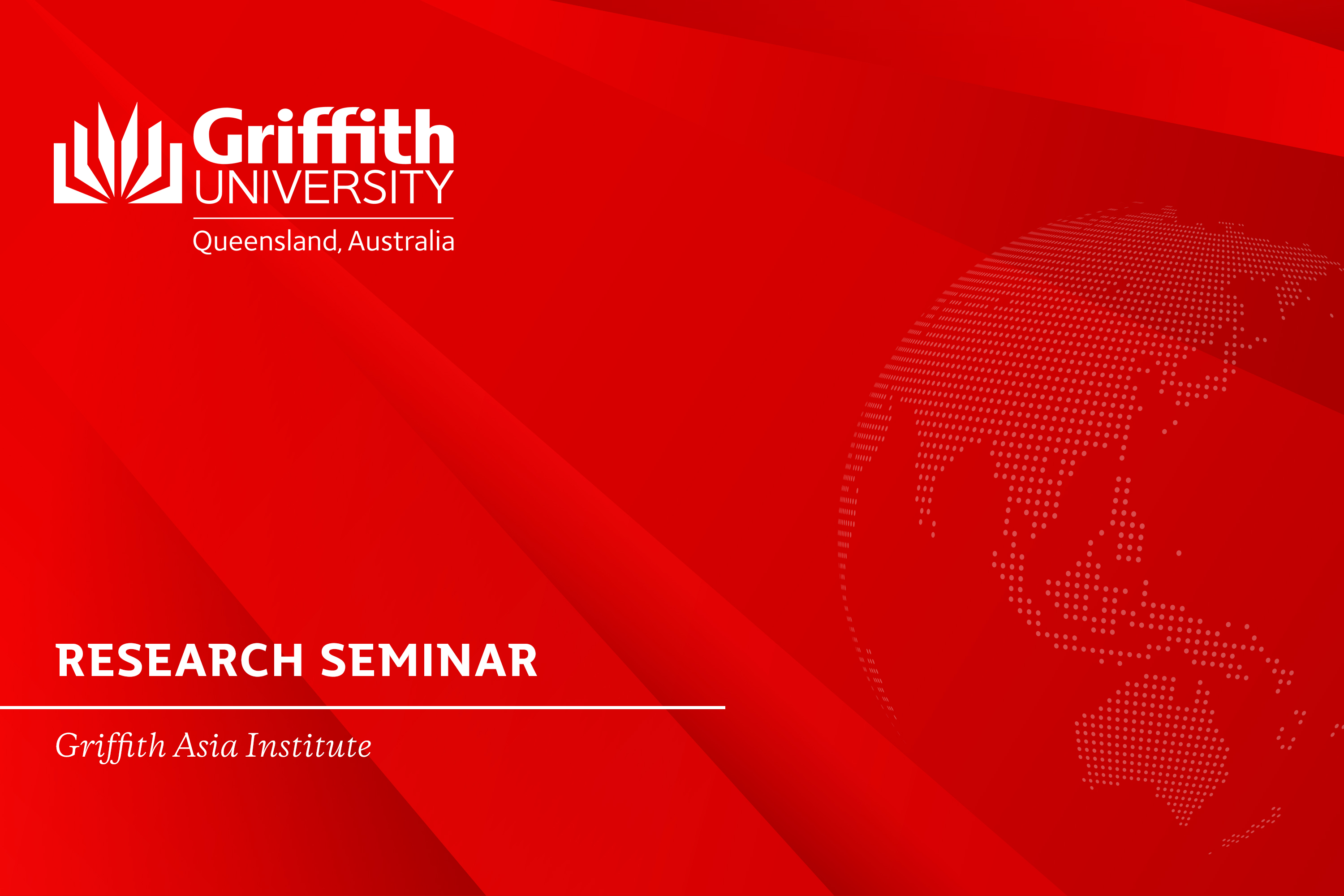
Principal speaker
Dr Tanya Ogilvie-White, Adjunct Senior Fellow, Griffith Asia Institute, Griffith University
The adoption of the Treaty on the Prohibition of Nuclear Weapons (TPNW) in 2017 is celebrated as a victory for international humanitarian law. It was negotiated on the back of a series of international conferences, which brought states and non-governmental organisations together to discuss the humanitarian impact of nuclear weapons. By shifting the focus of debate from national sovereignty to humanitarian values, it was possible to break through circular debates about the costs and benefits of nuclear disarmament and adopt a global treaty that categorises nuclear weapons as illegitimate weapons of war.
Although 122 states supported the adoption of the TPNW, there has been a strong backlash against humanitarian approaches to disarmament by nuclear-armed states and their allies. Concerned about the consequences of delegitimising nuclear deterrence, especially at a time of worsening strategic tensions, officials from these states consider the TPNW and the broader debate about the humanitarian consequences of nuclear weapons to be dangerous.
Divisions within the nuclear non-proliferation regime pre-dated the negotiation and adoption of the TPNW, but tensions have escalated. This has serious implications for the future of the Nuclear Non-proliferation Treaty, which has been in force for nearly fifty years, and has been pivotal in preventing the spread of nuclear weapons. This seminar discusses these developments, focusing on the challenges associated with harmonising international humanitarian and strategic agendas in Asia.
Dr Tanya Ogilvie-White is adjunct senior fellow at the Griffith Asia Institute, Griffith University and senior fellow at the Coral Bell School of Asia Pacific Affairs, Australian National University. Previously, she was research director of the Centre for Nuclear Nonproliferation and Disarmament, Crawford School of Public Policy, senior analyst at the Australian Strategic Policy Institute, Canberra, senior fellow at the International Institute for Strategic Studies, London, Stanton Nuclear Security Fellow, and senior lecturer in international relations at the University of Canterbury, Christchurch. Her publications include Nuclear Weapons: The State of Play 2015, Slaying the Nuclear Dragon: Disarmament Dynamics in the 21st Century, and On Nuclear Deterrence: The Correspondence of Sir Michael Quinlan.
Room change: N16_1.44, Colin Mackerras room, Macrossan Building.
Event categories
RSVP
RSVP on or before Monday 22 July 2019 , by email events-gai@griffith.edu.au , or by phone 07 3735 4705
Event contact details
- Kahlia Bartley
- events-gai@griffith.edu.au
- 07 3735 4705